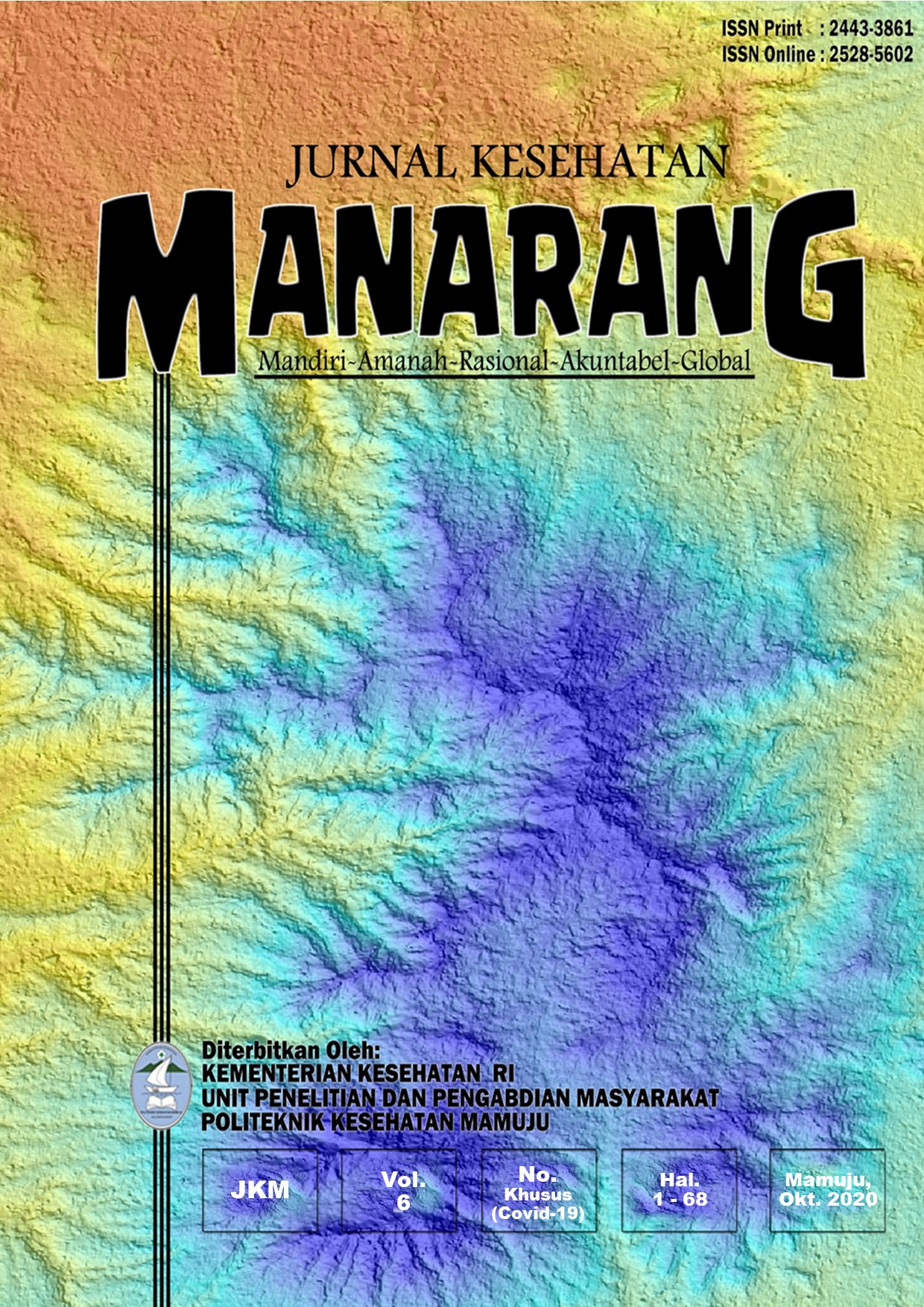Abstract
Cases of refusal of the corpse of Covid-19 patients have been viral and continued nowadays. Many factors caused, the most common is unclear information about COVID-19 among communities. The aim of this article is to provide an overview of the stigma of refusal of the corpse of Covid-19 patients and how safe management of the corpse of Covid-19 patients in Indonesia was established. Methode in this article used simple case study literature. Source articles were selected from databases: ProQuest, ScienceDirect, PubMed, and Wiley Online. The results showed that stigmatization and discrimination didn’t only occur in the refusal of the corpse of Covid-19 patients, but the effect to other groups, such as people without symptom (nurse and doctor), people under observation, and patient under surveillance. Transparency regarding virus transmission and procedures for scavenging the remains of COVID-19 from the ward to the funeral hasn’t maximized even though guidelines have been regulated by the government. Lack of spreading information about COVID-19 still becomes the main issue that needs more concern for stopping negative impacts during this pandemic.

